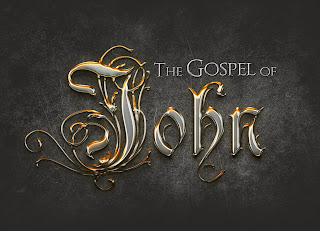The true light, which gives light to everyone, was coming into the world. He was in the world, and the world was made through him, yet the world did not know him. He came to his own, and his own people did not receive him. But to all who did receive him, who believed in his name, he gave the right to become children of God, who were born, not of blood nor of the will of the flesh nor of the will of man, but of God. (John 1:9-13, ESV)
These verses are full of rejection of the true light. The Son of God came into the world and was rejected by it. This astonishing reaction from the world is somewhat ironic because the One rejected is the same One who created everything of and in the world (cf. Col. 1:16). Despite John the Baptist's previous proclamation that Jesus is coming, few listened to him. But because God cares and His grace abounds, the good news is that redemption can overcome that rejection.
However, redemption, according to these verses is contingent upon "receiving" and "believing" the testimony of John the Baptist, namely that Jesus Christ is God. It has nothing to do with your bloodline or lineage. Nothing to do with your flesh or ethnicity, will or ability. Becoming a child of God is contingent on God (v. 13). The wonderful truth about the gospel is that God moves first. Your 'works' are irrelevant unless He moves first. According to this passage, He is the first mover. (This would have been mind-blowing for the original readers of this text, by the way.)
When I ponder this passage further I think about the power that rejection has upon people. I have been rejected and it hurts every time. I can't imagine what it would be like for the creator of the world to be rejected by His own creation. Nonetheless, the One who was rejected is able to empathize, comfort, and console if we allow Him to do so. With rejection in our personal lives comes the ability to be redeemed.


